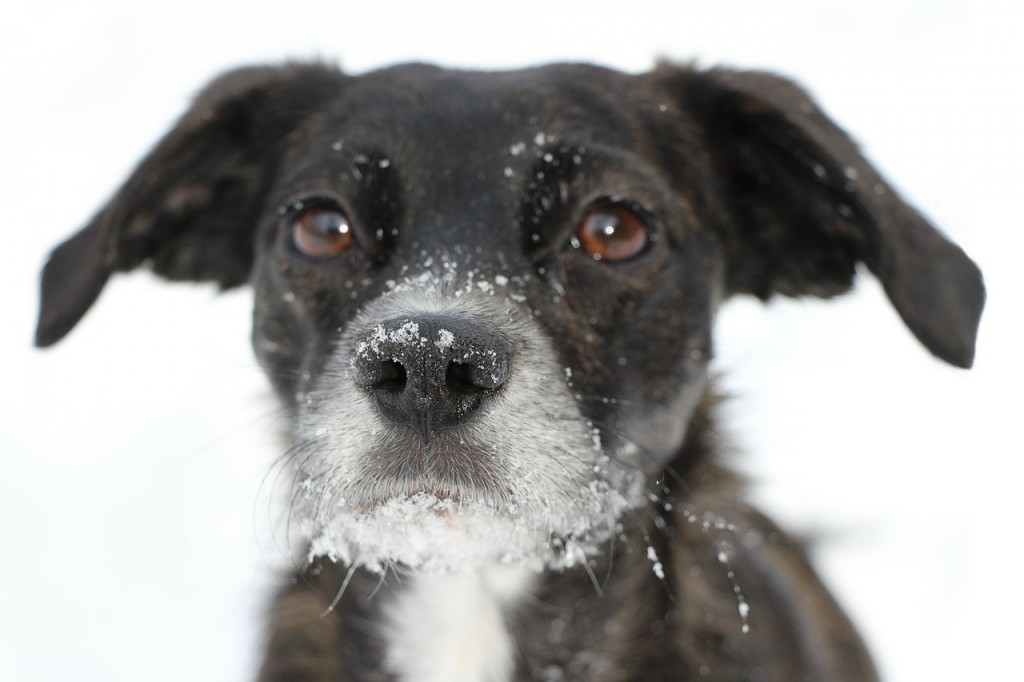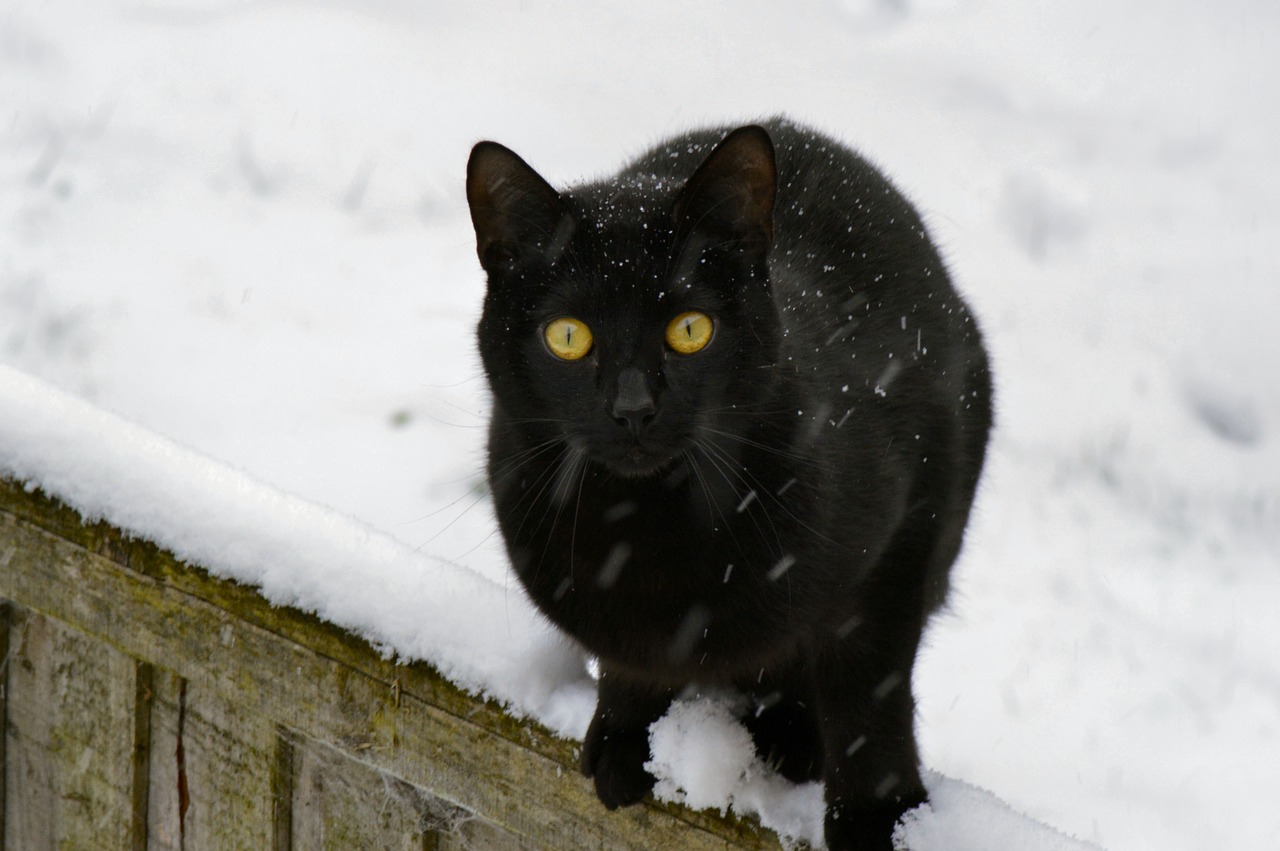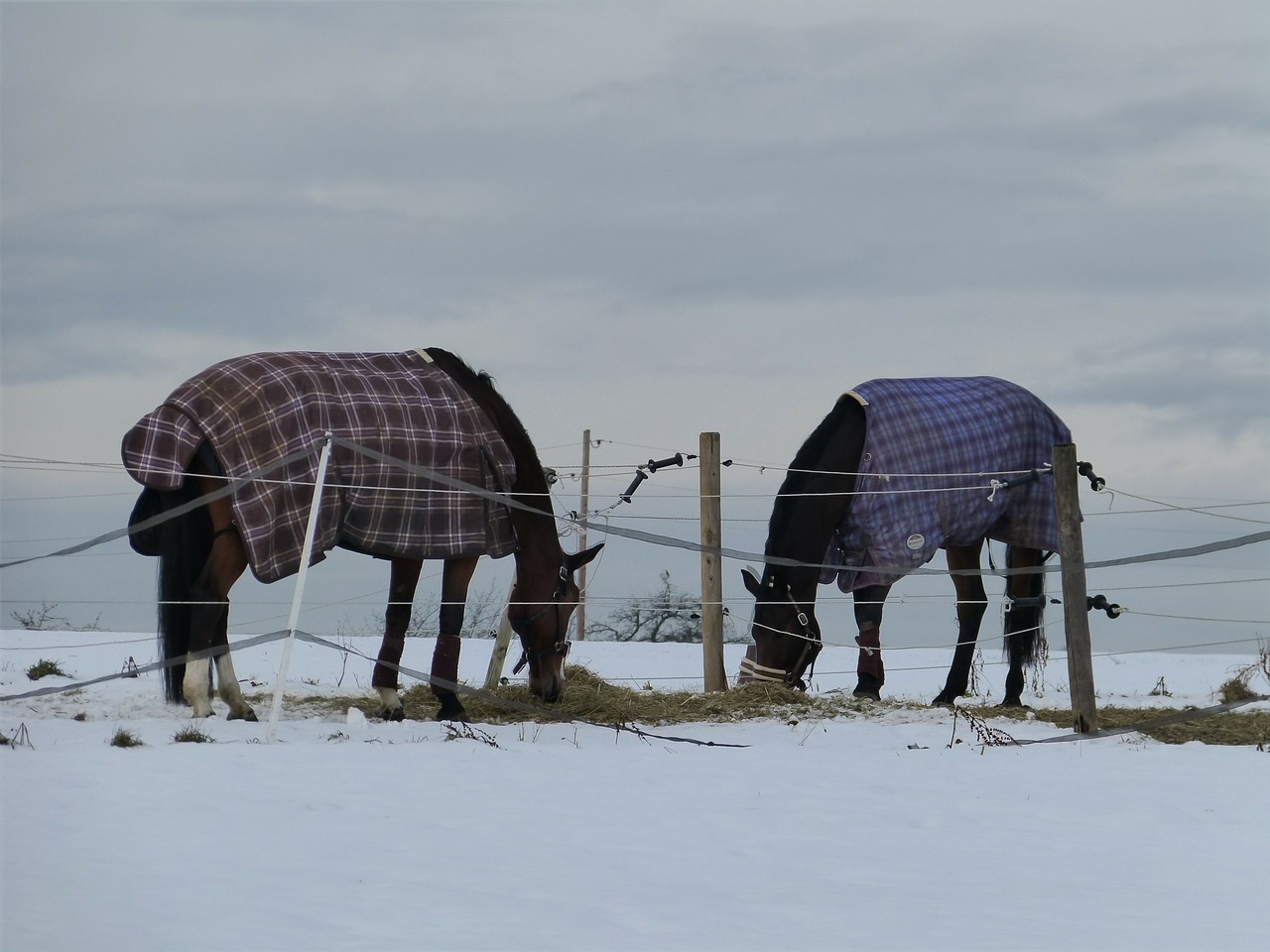Keep Pets Safe in Winter
(Content Writing for Sutherlands HomeBase, a construction and home improvement chain located in Kansas, Missouri, Texas and Louisiana)

Just as you prepare yourself for winter by getting coats, gloves and turning up the heat, it is important to prepare your pets as well!
Outdoor Activities
Your pet may have fur but that is not always enough to keep them warm in the winter. Just as you may still be cold with a coat on, they can still be cold with their fur coats. For short haired dogs or small breeds, consider a dog sweater when you take them outside to keep the chill out. Limit time outside, especially when the temperature drops into the single digits; pets can get frost bite and hypothermia too!
Try not to limit your pet’s play just because the weather is bad. Find other methods of keeping your pet entertained and exercised: consider changing toys and playing with your dog or cat to beat the winter blues!
Give Them Shelter
If your dog or cat must stay outside for longer periods, be sure to provide them with a warm place to sleep. A cozy doghouse with bedding or straw can help insulate and keep them warm. Consider a heating pad made for dog houses. A dog house should be large enough for your dog to stand up and turn around, but not larger or it will lose heat too quickly.
Just as you may provide a dog house for your dog, providing a shelter for your cat or feral cats in your neighborhood can help them to keep warm in the bitter cold. You can build a simple cat shelter using wood or even a large storage bin with a small door cut into it. Line the bin with styrofoam and fill with hay or shredded newspaper (so they can burrow) and you have an easy made shelter for an outdoor cat!

Food and Water
Pets who spend more time outside need more food to build energy. Be sure they have food at all times and that their water dish is full and not frozen. Consider a heated water dish to keep the water available at all times.
Winter Chemicals
Frozen sidewalks and driveways are not just dangerous to you, but can be for your pet as well. Not only do they have a chance to slip but many ice melts and salts can irritate your pets paws or be dangerous if they lick their paws afterwards. Consider a pet safe ice and snow remover to protect your pet.
Antifreeze is another danger to your pet. It may taste sweet but is deadly. Be sure to wipe up any spills and don’t leave an open container of antifreeze out.
Horse Owners
Horses can be affected by the wind and cold too. Be sure they have access to a barn or three sided shed to escape the cold and wind. Blankets can also help keep them warm and dry if there is rain or snow. Be sure they have food and water at all times and that water remains unfrozen.

Small Pets
While small pets might not feel the extreme cold since they are indoors, temperature fluctuations can still affect them. Many rooms that stay a decent temperature in the summer can be much colder in the winter. Even a small temperature drop can affect small animals such as hamsters, gerbils, hedgehogs, reptiles, birds. Be sure to find out the ideal temperature for your pet and consider a heater with temperature control in their room. If your pet’s cage is already heated, check the temperature to make sure it hasn’t dropped!
Originally posted at http://homebaselumber.com/prepare-pets-winter/
